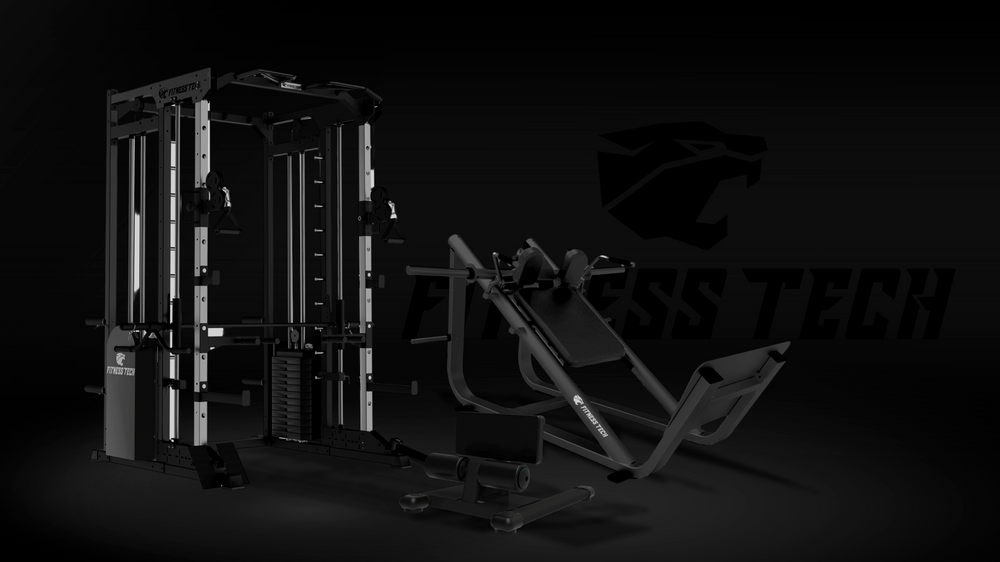Eat: Before or after training?
Should I eat before training?
One of the most common doubts among athletes, whether beginners or advanced, revolves around the ideal time to train: before or after eating? This factor can significantly influence performance, especially for those who train close to meal times.
The body does not respond the same before eating as after starting the digestion process. Therefore, the question of whether it is better to train before or after eating depends on several factors: the type of exercise, the person's physical condition, and the goals they seek to achieve.
Training before eating: benefits and considerations
For certain workouts, such as weight training or high-intensity activities, training on an empty stomach can have specific advantages. In people with overweight, for example, exercising before eating helps burn more fat, as the body uses its reserves when it does not have a recent supply of glucose. Additionally, training on an empty stomach can increase the capacity to absorb nutrients after exercise, which is key for muscle recovery and overall performance.
However, training on an empty stomach is not ideal for everyone. Some people may experience dizziness or a significant lack of energy, affecting the quality of the workout.
Training after eating: when and how to do it
For high-intensity aerobic activities, such as indoor cycling, or endurance sports, consuming a light meal before training can make a difference. Foods rich in fast carbohydrates, like a banana, provide the necessary energy to perform at maximum without overloading the digestive system. It is essential, however, to wait at least 30 minutes between eating and exercising to avoid stomach discomfort or indigestion problems.
Therefore, although training after eating can be beneficial for certain types of physical activity, it is important to manage the quantities and waiting time before starting the routine.
Physical condition also influences
The athlete's fitness level is another key factor in determining the ideal time to train. While physically active people with regular training can better tolerate sessions on an empty stomach, those with less experience might need a prior caloric intake to ensure optimal performance. For example, in people with overweight, training on an empty stomach can be more beneficial because it activates metabolism and promotes greater use of fat reserves.
Conclusions: adapting the training time to your needs
Although in many cases it is recommended to eat after training to replenish energy stores and promote muscle recovery, it is not always a fixed rule. The most important thing is to listen to your body, adapt routines to your goals and needs, and consider factors such as the type of exercise and physical condition.
After exercise, the body is more receptive to absorbing nutrients, making it the ideal time for a balanced meal. On the other hand, consuming something light before training may be necessary in very demanding activities. Ultimately, the important thing is to find a balance that allows you to get the most out of each session without compromising health or physical well-being.






Leave a comment